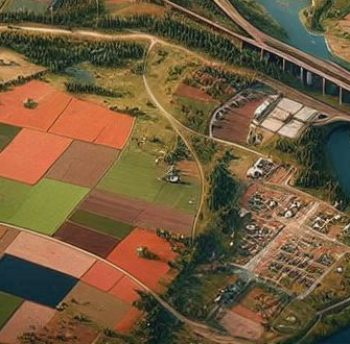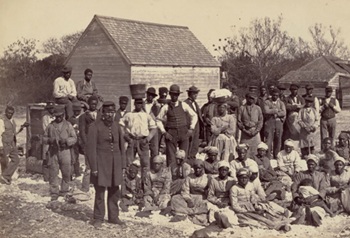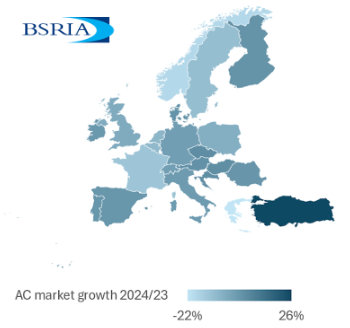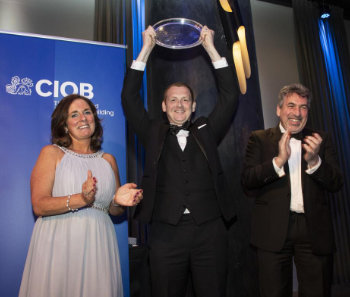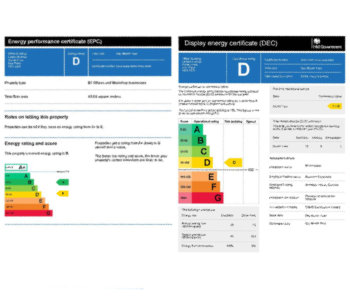Vehicle-to-grid (V2G) technologies
In February 2018, the Department for Transport announced a new £30 million investment in vehicle-to-grid (V2G) technologies that have been described as ‘revolutionary’. It is hoped that the new technologies will unlock the potential for electric vehicles to help power homes, as electricity can be delivered back to the smart grid.
As part of the government’s Industrial Strategy, set out in the Automotive Sector Deal, funding has been awarded to 21 V2G projects including EDF Energy’s V2GO scheme. This scheme aims to demonstrate how energy stored in electric vehicle batteries could be ‘borrowed’ during peak hours by the electricity system, and then be recharged during off-peak times.
It is hoped that by using electric vehicles in dense urban areas like Oxford, local emissions will be significantly reduced and air quality improved. The V2GO scheme is a large scale demonstration of V2G charging using 100 electric fleet vehicles (cars and vans) from a number of organisations.
The project will develop, trial and evaluate potential business models for fleet operators’ use of electric vehicles and their suitability for vehicle to grid (V2G) charging.
The assessment process for the funding has been concluded by Innovate UK, with almost £30m of government money being granted to industry-led collaborative R&D for up to 70% of project costs.
Transport Minister, Jesse Norman said:
“As the number of electric vehicles grows and their battery capabilities increase, there is a huge opportunity for them to make a significant contribution to a smart grid.
“These projects are at the cutting edge of their field. Just like the visionary designs of Brunel and Stephenson in transport, they could revolutionise the ways in which we store and manage electricity, both now and in the future.”
Dan Bentham, Head of R&D, Smart Customers, EDF Energy said:
“Electric vehicles will play an important role in the future of UK energy and its economy. They will have a beneficial impact on the environment by reducing emissions and improving air quality.
“Through our research, EDF Energy will use new technologies, business models and smart systems to make low carbon transport, and the infrastructure and market conditions needed for its success, a reality.”
(Ref. https://www.gov.uk/government/news/30-million-investment-in-revolutionary-v2g-technologies)
[edit] Related articles on Designing Buildings Wiki
Featured articles and news
Shortage of high-quality data threatening the AI boom
And other fundamental issues highlighted by the Open Data Institute.
Data centres top the list of growth opportunities
In robust, yet heterogenous world BACS market.
Increased funding for BSR announced
Within plans for next generation of new towns.
New Towns Taskforce interim policy statement
With initial reactions to the 6 month policy update.
Heritage, industry and slavery
Interpretation must tell the story accurately.
PM announces Building safety and fire move to MHCLG
Following recommendations of the Grenfell Inquiry report.
Conserving the ruins of a great Elizabethan country house.
BSRIA European air conditioning market update 2024
Highs, lows and discrepancy rates in the annual demand.
50 years celebrating the ECA Apprenticeship Awards
As SMEs say the 10 years of the Apprenticeship Levy has failed them.
Nominations sought for CIOB awards
Celebrating construction excellence in Ireland and Northern Ireland.
EPC consultation in context: NCM, SAP, SBEM and HEM
One week to respond to the consultation on reforms to the Energy Performance of Buildings framework.
CIAT Celebrates 60 years of Architectural Technology
Find out more #CIAT60 social media takeover.
The BPF urges Chancellor for additional BSR resources
To remove barriers and bottlenecks which delay projects.
Flexibility over requirements to boost apprentice numbers
English, maths and minimumun duration requirements reduced for a 10,000 gain.
A long term view on European heating markets
BSRIA HVAC 2032 Study.
Humidity resilience strategies for home design
Frequency of extreme humidity events is increasing.
National Apprenticeship Week 2025
Skills for life : 10-16 February











